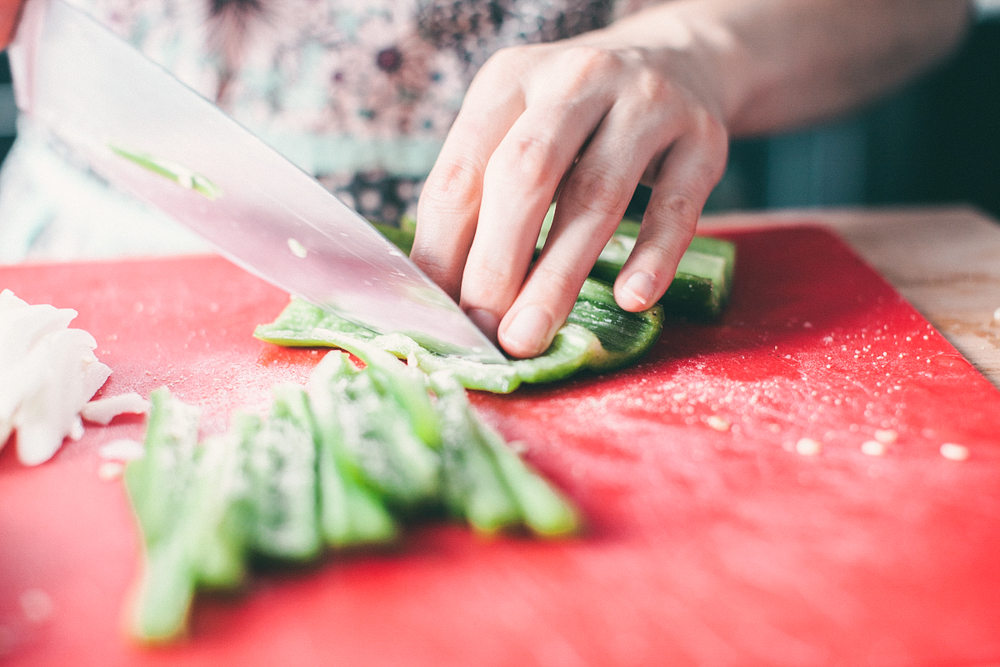
Photo by Anggie
Zero Waste is gaining momentum. If you aren’t familiar, this movement encourages conscious consumption and waste reduction.
Modern civilization produces a lot of waste. It’s a global concern. As a world traveler, practicing Zero Waste living can be a challenge. (It is difficult to avoid plastic where the only safe drinking water comes in plastic bottles.)
I offset this with vigilance in other areas like efficiently managing my food waste. Since everyone eats, this is a way that everyone can participate in the health of our planet. Even small contributions make large, collective shifts. Here are 5 ways you can play your part:
01 | Compost!
In affluent areas, health food stores, restaurants, or community gardens often accept compost. In rural areas, try farmers or gardeners who can use your leftovers to create healthy soil for new food. Where local culture has no concept of composting, and no outside resources for your scraps, create your own system. Toss your scraps in an inconspicuous part of your yard, or into a clump of banana trees, or build a vermiculture box. Returning food to the earth completes the Natural cycle. It’s the original recycling program.
02 | Simplify Your Shopping
‘Life propaganda’ has us buying groceries on a weekly or biweekly basis. That thinking can be unnecessarily wasteful. Shop for the food you need for the day or even the meal at hand. Meals planned this way are fresher, and don’t leave refrigerators full of food that had spoiled before it was eaten. This means eating what you want now, not what sounded good last week. Shopping mindfully usually means fewer impulse purchases. And buying in small quantities saves both money and the excessive paper and plastic of family-sized packaging.
03 | Use And Re-use Your Food Scraps
There are many ways to do this. Vegetables that grow in the ground have leafy shoots growing above ground. Purchase your vegetables with these shoots in tact. They have great nutritional value. Use them in other recipes for a nutrient boost. Inedible vegetable scraps, like stems, or wilted or yellowed bits can be kept in the fridge to make nutrient-dense stock. (Use the same scraps several times before relegating them to compost.) Some ‘scraps’ can even make new food. Pineapples, garlic, potatoes, and other plants can regenerate with little effort.
04 | Adopt A Plant-Based Diet
Eating animal products can be seriously wasteful. Humans are not biologically designed like carnivores. Humans who eat animal products don’t generally eat all parts of the animal. The remaining bits often get wasted. In fact, there are many detrimental environmental consequences to eating animal products, but those are outside the scope of this article. If you would like to learn more, there are many websites, books, and documentaries available.
05 | Get Creative
If leftovers remain at the end of the week, concoct a creative recipe to use them. It’s amazing the delicious meals that can be created from seemingly incongruous ingredients.
FROM THE EDITOR
At Conscious, we are inspired by stories that cause us to think differently and think big-picture, and so we set out to tell stories with the help of leaders and influencers within the social good community. You can read more stories like this when you join as a member.




